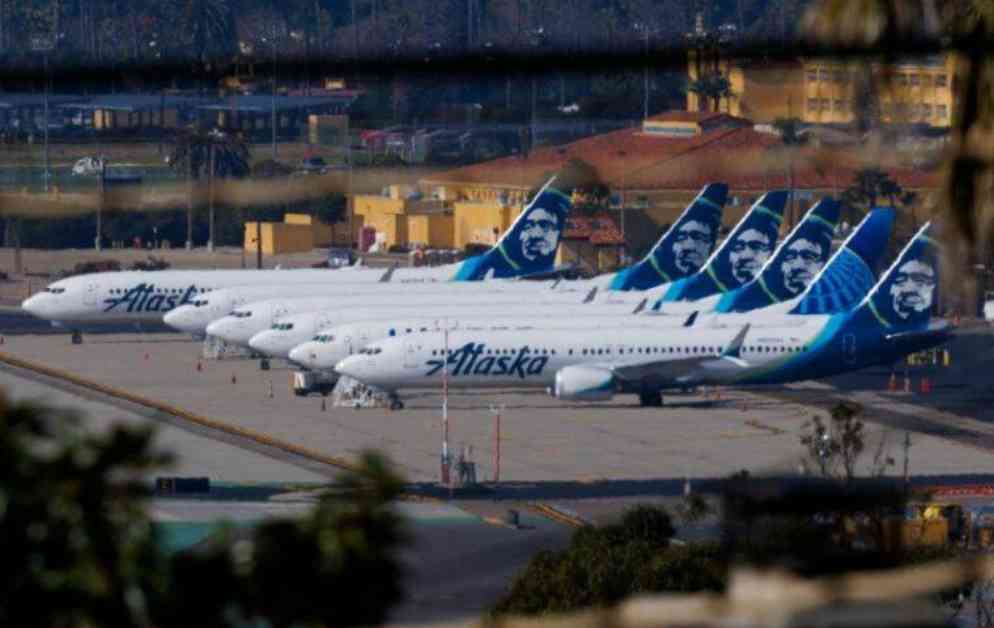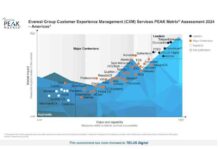Alaska Air and Hawaiian Airlines Extend Deal Review Period by 1 Day
Alaska Airlines has announced that it will be extending the review period for its proposed $1.9 billion acquisition of Hawaiian Holdings by one day. This decision comes after discussions with the U.S. Department of Justice, and the new deadline is set for 12:01 AM ET on August 16th. This move showcases the commitment of both airlines to ensuring a thorough and comprehensive review process before finalizing the deal.
The acquisition of Hawaiian Holdings by Alaska Air is a significant development in the airline industry, particularly in the context of the current shortage of new aircraft worldwide. With airlines looking to expand their capacity and market share through mergers and acquisitions, this deal holds the potential to reshape the landscape of flights to Hawaii, one of the world’s top holiday destinations.
Background of the Deal
The proposed acquisition of Hawaiian Holdings by Alaska Air was first announced last year, and since then, both airlines have been working closely with the U.S. Department of Justice to address any regulatory concerns. The extension of the review period indicates the complexity of the deal and the need for a thorough evaluation of its potential impact on competition and consumer choice.
Alaska Air’s control of more than half of the market for flights to Hawaii would undoubtedly have far-reaching implications for travelers and the overall airline industry. The high demand for flights to this popular destination makes it a lucrative market for airlines, but also raises concerns about monopolistic practices and anti-competitive behavior.
Regulatory Scrutiny and Industry Trends
The airline industry has witnessed a wave of mergers and acquisitions in recent years, driven in part by the shortage of new aircraft and the need to expand capacity. However, these deals have faced increasing scrutiny from regulators, as demonstrated by the federal judge’s decision to block JetBlue Airways’ planned acquisition of Spirit Airlines earlier this year.
The regulatory landscape for airline mergers is becoming more challenging, with regulators taking a closer look at potential anti-competitive effects and the impact on consumer choice. The Alaska Air-Hawaiian Holdings deal is likely to face similar scrutiny, given the significant market share that Alaska Air would gain in the Hawaii market.
Implications for Consumers and Competition
The potential acquisition of Hawaiian Holdings by Alaska Air raises important questions about the impact on consumers and competition in the airline industry. While the deal could lead to greater efficiency and cost savings for the airlines, it also raises concerns about reduced competition and higher fares for travelers.
Consumers rely on competition among airlines to ensure affordable fares and a wide range of choices when booking flights. The dominance of one airline in a particular market can lead to higher prices and reduced options for travelers, which is why regulators play a crucial role in assessing the potential impact of mergers on competition and consumer welfare.
In the case of the Alaska Air-Hawaiian Holdings deal, regulators will need to carefully evaluate the competitive effects of the acquisition and consider remedies to address any anti-competitive concerns. This process can be complex and time-consuming, but it is essential to safeguard the interests of consumers and ensure a level playing field for all airlines operating in the market.
Conclusion
The extension of the review period for the proposed acquisition of Hawaiian Holdings by Alaska Air highlights the importance of regulatory scrutiny in the airline industry. As airlines seek to expand their market share through mergers and acquisitions, regulators play a crucial role in ensuring fair competition and protecting consumer interests.
The outcome of the Alaska Air-Hawaiian Holdings deal will have far-reaching implications for the airline industry and travelers alike. By carefully evaluating the competitive effects of the acquisition and implementing appropriate remedies, regulators can help maintain a competitive and vibrant airline industry that benefits consumers and promotes innovation.






















